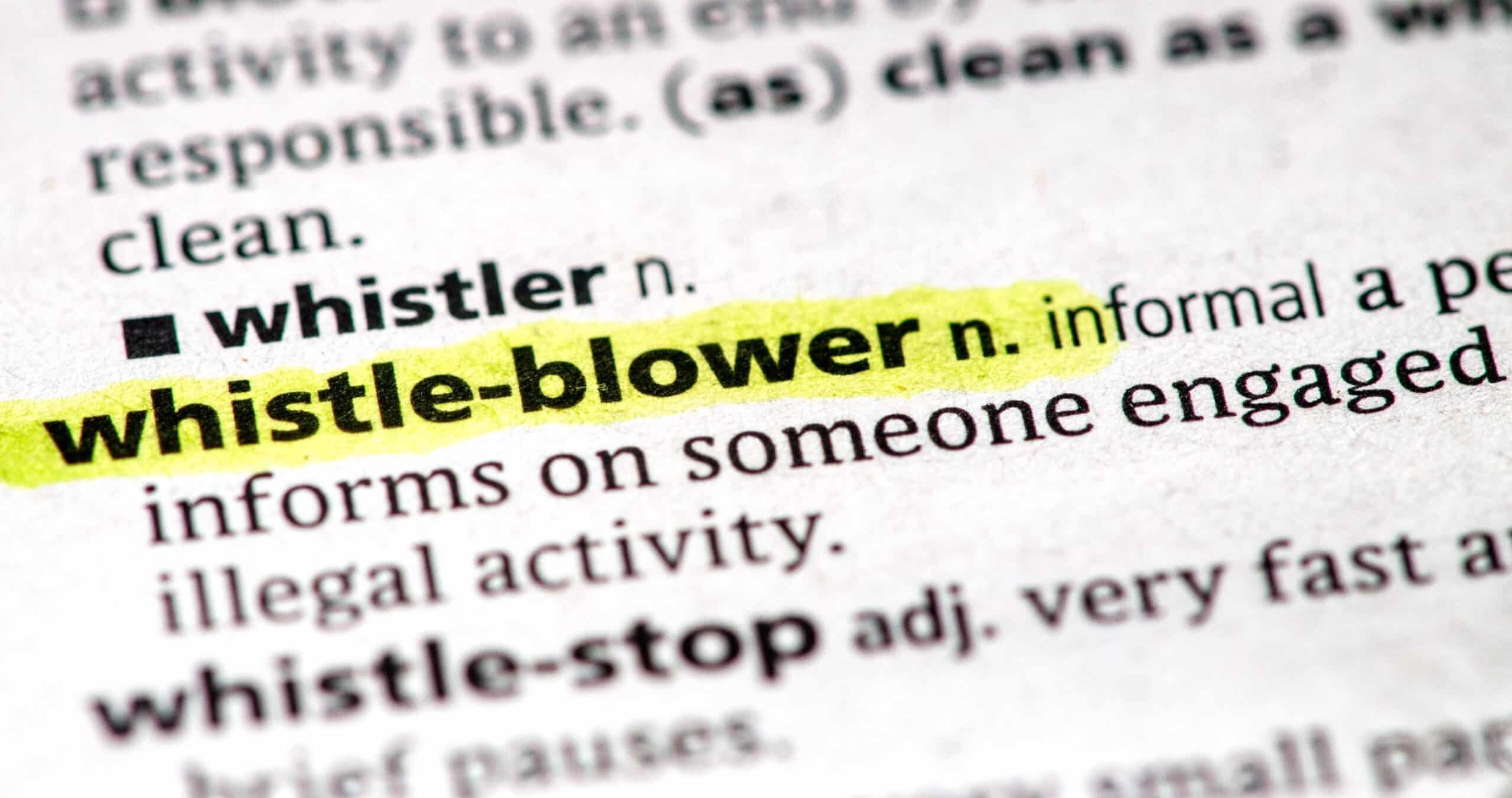Do California’s Whistleblower Protections Apply to Elected Officials?

California has some of the strongest whistleblower protection laws in the nation. These laws are available to employees who seek to expose wrongdoing in the workplace. But do they apply to elected officials? According to a recent decision of the California Supreme Court, the answer to that question is “no.”
In Brown v. City of Inglewood (July 7, 2025) S280773, the plaintiff was the elected treasurer of the City of Inglewood. She raised concerns about the mayor misappropriating public funds. After that, she faced a series of punitive acts including (1) losing her seat at city council meetings; (2) being excluded from several committees; and (3) reduction of her investment authority.
Ms. Brown then sued the city for retaliation under Labor Code section 1102.5. The city countered that elected officials were not protected by 1102.5. The California Supreme Court ultimately agreed with the city, for the following reasons:
First, Section 1102.5 prohibits employers from retaliating against employees who blow the whistle. Section 1106 provides that the term “employee”:
“includes, but is not limited to, any individual employed by the state or any subdivision thereof, any county, city, city and county, including any charter city or county, and any school district, community college district, municipal or public corporation, political subdivision, or the University of California.”
However, Section 1106 does not state whether the term “employee” includes elected officials. Furthermore, other statutes vary on this issue. Accordingly, the California Supreme Court considered other interpretive aids to reach its holding.
After a long and complicated analysis, the Court found that the context and history of the term “employee” in Section 1106 was meant to exclude elected officials. Notably, that statute does not reference elected officials or officers.
The Court further held that this conclusion was supported by public policy. Moreover, the Court rejected Ms. Brown’s attempt to rely on the common law definition of “employee” as articulate in cases including Borello & Sons, Inc. v. Department of Industrial Relations (1989) 48 Cal.3d 341. The Court noted that that test is not always appropriate outside of the context of torts in which the employer’s vicarious liability is at issue.
If you are a whistleblower who has questions about your rights at work, please feel free to make use of the free and confidential case intake process offered by Hunter Pyle Law, PC. We can be reached at (510) 444-4400 or inquire@hunterpylelaw.com.


